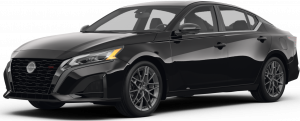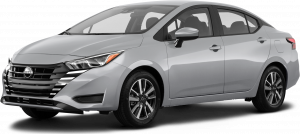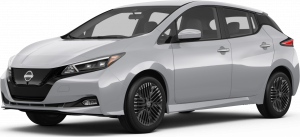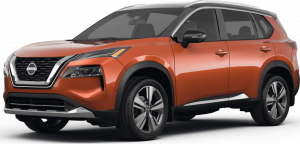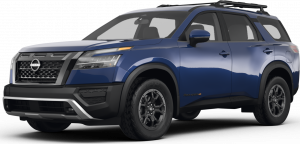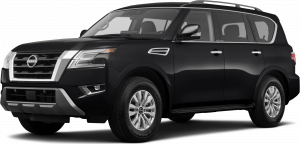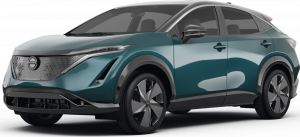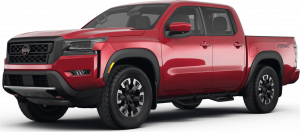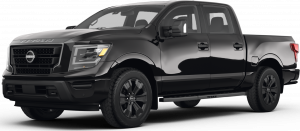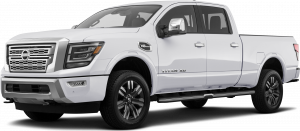The modern car is equipped with a plethora of lights and indicators, which communicate the various states of its diverse system. As a driver, when you notice something illuminating on the dashboard, you should take the time to investigate and understand what it is trying to tell them. Many drivers find this quite overwhelming but the more you know, the better as it can help you avoid car failure or complete breakdown.
Here's a breakdown of some of the most common dashboard lights and what they mean.
What Do Different Colors Mean?
The warning lights on a car will come in three different colors. Red, orange, and green.
Red Lights
Red lights are the most urgent and signify a potential problem or safety issue. This means you should stop your car safely ASAP and contact your local service center for assistance.
Orange (Yellow) Lights
Orange (Yellow) lights indicate that there may be an issue with the car’s system but it is unlikely to be an emergency. When you notice this light on your dashboard, you should take your car for service as soon as possible to avoid any further issues.
Green Lights
Green lights are usually the least urgent and indicate that there is a minor issue or maintenance required. This could be anything from an oil change to a tire rotation – so it’s best to have it checked out to make sure it’s running smoothly.
It's also important to note that different makes and models of cars can have variations when it comes to the color codes on their dashboard lights. So it's always best to consult your car manual for more information.
Various Lights and What They Mean
Here's a list of some of the most common dashboard lights and what they usually indicate:
• Anti-lock brake system (ABS)
This indicates that your car’s antilock braking system is malfunctioning. This means you will need to take your car in for a service as soon as possible to avoid any further issues.
• Engine Management Light
This light typically comes on when there is a problem with the engine. It could be an issue with the spark plugs, ignition coils, fuel injectors, or oxygen sensors. If you see this light illuminated on your dashboard, it’s best to take your car in for a service.
• Seat Belt Reminder Light
This indicates that one or more of the seatbelts in your car is not buckled. It serves as a reminder to buckle up before starting the engine.
• Low Tire Pressure Light
This light indicates that one or more of your tires has an inadequate level of air pressure. This could lead to poor handling and lower fuel efficiency, so you should check your tire pressure as soon as you can.
• Battery Warning Light
This light indicates that your battery isn’t charging correctly or at all. This could be due to a fault with the alternator, so you should get it checked as soon as possible.
• Engine Oil Warning Light
This light will come on if there is inadequate oil pressure in the engine which can cause serious damage to your engine if not addressed. You should check your oil levels as soon as you can and top up or change it if necessary.
• Brake Warning Light
This light will come on if there is something wrong with your brakes. This could be due to low brake fluid levels, or it may indicate a problem with the braking system itself. It’s important to get this checked as soon as possible for your safety.
• Airbag Warning Light
This light can indicate a problem with your airbags. It may be due to an issue with the wiring or sensors in the system, and this needs to be addressed as soon as possible to ensure that your airbags will deploy correctly in the event of an accident.
• Power Steering Warning Light
This light indicates a problem with the power steering system. It could be due to low power steering fluid levels or an issue with the pump itself. You should get this checked out to make sure that you have full control of your vehicle’s steering.
• Exhaust Particulate Filter Warning Light
This light indicates that the exhaust particulate filter is clogged and needs to be cleared out. This should be done as soon as possible because a clogged filter can cause serious engine damage if left unchecked.
• DPF Warning Light
When this light comes on, it means that the diesel particulate filter is clogged and needs to be cleared out. You should get this done as soon as possible since a clogged filter can cause serious engine damage if left unchecked.
• Battery Charge Warning Light
If this light turns on, it indicates that your battery isn't charging properly. You should have your battery and charging system checked right away to make sure that everything is working properly.
• Engine Temperature Warning Light
Your car's temperature gauge is an important indicator of how your engine is running. If this light comes on, it means that the engine is getting too hot and needs to be checked out by a mechanic as soon as possible.
• Electronic Stability Problem (ESP) Warning Light
This warning light indicates that there is an issue with the car's electronic stability system. This system helps keep your car stable in different driving conditions, so it's important to have it checked out if this light comes on.
Learn More About The Specifics of Your Car With a Pro's Help
Your car has many features, and when it comes to dashboard lights, it's important to be aware of what they mean. If you're ever in doubt, consult a professional mechanic who can help you understand the specifics of your car. Contact Glendale Nissan today to find out more. Our team of skilled technicians will be happy to answer any questions you may have and perform maintenance or repair services if needed.



